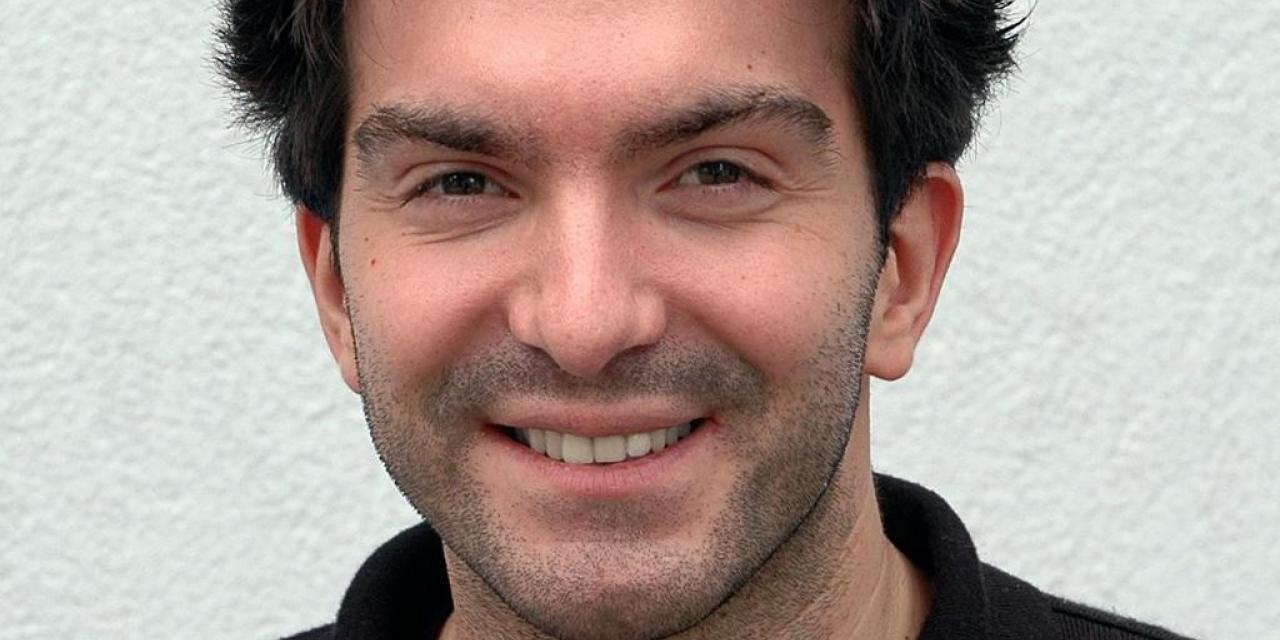
The last few months were tough on Crytek. The company failed to pay salaries on time, sold off its Homefront IP along with its development team and moved development of Hunt: Horrors of the Guilded Age to Germany. Now that an undisclosed investor has injected serious cash into the company, Crytek is finally safe and its CEO Cevat Yerli is willing to clarify what happened.
"We have been undergoing a transformation, just like the whole game industry," he explained. "Part of the transformation was of a financial nature, part of it was of a strategy nature, and part of it was of a reorganisation nature."
"The shift from retail products towards a game service, that's the one we are undergoing. As a result of this we have adjusted our entire strategy across the board for each game. We evaluated the games and looked at which do not fit in this strategy. This required additional investment, which led to temporarily diminished capital resources. But we are today fully prepared to deliver a game service" through free-to-play games.
"That transformation was painful. We paid the price. Now we come out of it much stronger. I hope people will see through our games these are not just empty words."
Yerli then tried to justify the pay delays and the mass-resignations that followed. According to him, Crytek management had to choose between using all its cash to pay salaries, or invest it to keep the company going.
"You have two choices, right? Either you delay payments - again delay... it's not that they didn't get paid, they got delayed - delay payments and salvage the company. Or, you push your cash flow directly to the studios and you file for insolvency,", he explained. "Both options are really bad. So you have to make the better of the two bad decisions."
""However, like we had promised to everybody - and we said the company is not at a big risk, not a danger, it just needs more time to salvage it and that's what we did. Now, everybody got paid plus inconvenience payments additionally to that, like we promised everybody.".
"Some people were very impatient and got angry at the smallest delay. Also, there was a critique of us not being proactive in communication, which we don't understand, because we had been frequently in the UK as well as every other studio, talking about potentially rough times. And we had even shared with people how they should maybe work with different banks at a personal level to prepare. Or, if not, they could make a choice to resign and look for other jobs."
"But our priority was to not downsize the company. Our priority was to not let anybody lose their jobs at that point. Because if a company gets into a difficult situation and you know the outcome is going to be bad, you have the choice to downsize everything. But we haven't done that because we wanted to keep everybody tied together as a team."
Crytek currently employs 700 persons, down from 950 before the financial turmoil.








